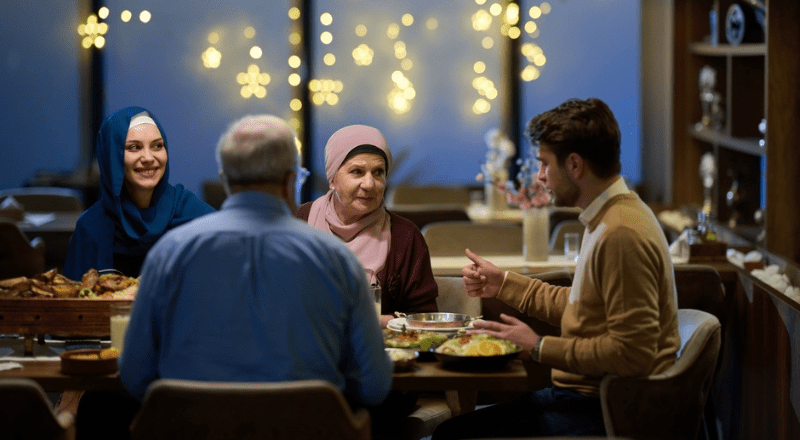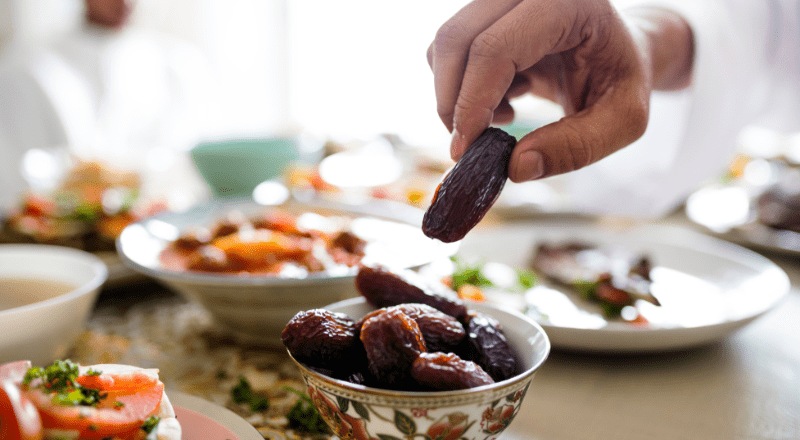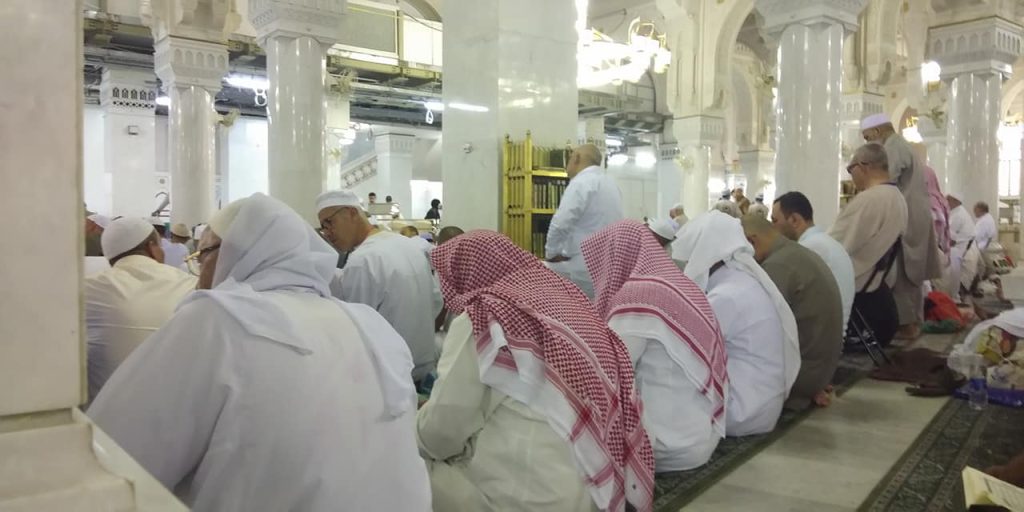Ramadan is one of the most blissful times of the year for Muslims. Have you ever wondered what makes Ramadan so special? What is the essence of Ramadan? Here are ten facts about Ramadan you must know.
1. Fasting in Ramadan is the Third Pillar of Islam
Allah prescribed fasting for Muslims in the second Hijri. Adult Muslims must fast during Ramadan. They wake up before Fajr’s prayer to eat Suhoor. At the call of Fajr, their fast begins which ends at Maghreb prayer.
Just like salah, fasting is obligatory for Muslims. It is sinful to skip fast without any valid reason. However, certain people are exempt from fasting such as travelers, sick, elderly, pregnant or lactating women. Those who can keep the missed fasts, later on, should keep a count of their fasts and complete them later. However, those who are old, terminally ill, or on certain medications can feed the poor instead of their missed fasts.
2. Suhoor and Iftar are Essential Components of Ramadan
Many people feel sleepy at suhoor and skip it. However, suhoor is an essential part of Ramadan. It is a time of Allah’s blessings. Holy Prophet Muhammad (PBUH) commanded Muslims to eat at suhoor as this distinguishes Muslims from non-Muslims. Similarly, iftar is also a blissful time. Allah listens to prayers at the time of iftar. Also, there is a huge reward for performing dhikr at the iftar time.
3. Ramadan Falls on Different Gregorian Dates Every Year
One of the most interesting Ramadan fasting facts is that people experience a different time of Ramadan every year. Islam follows the lunar calendar, making Ramadan shift 10 days back every year. This means Ramadan falls on different dates every year. This also affects the length of fast in different parts of the world. Some countries experience 10 to 12-hour long fasts while others experience more than 16 hours of fasts.
4. Laylat-ul-Qadr Lies in the Last Ten Days of Ramadan
Allah sheds light on the glorious night in Surah Qadr. It is the Night of Power in which Allah gives more than a thousand nights of worship reward. Allah sends down angels on that night to bless his obedient and devoted servants. This night is one of the last five odd nights of Ramadan. Muslims spend the last ten days in search of the Night of Power, worshipping and remembering Allah.
5. Ramadan is a Time to Reflect on One’s Soul
Ramadan is a gift from Allah for Muslims to break from their routine life. It gives a chance to the believers to reflect on their life. They think about their duties towards Allah. They ponder upon their purpose in life and what happens when this life ends. Are we prepared to face death? Are we ready to give an account of our deeds on the Death of Judgement? Ramadan serves as a great opportunity to cleanse our souls and prepare for a blissful life after death.
6. Ramadan is a Month of Giving
Ramadan is a beautiful month of sharing happiness. Families get together and share good times. People engage in charity and welfare, helping those in need. Muslims give zakat during Ramadan. When people stay hungry during the fasting hours, they realize the misery of poor people. Hence they feel sympathetic towards them and help them. People organize iftar for the needy.
7. Allah Revealed the Holy Quran During Ramadan
One of the most important facts about Ramadan is that Allah revealed the Holy Quran during Ramadan. The Holy Quran is a wonderful gift for Muslims to guide them to a successful life.
8. Allah Chains the Devil During Ramadan
When Ramadan arrives, goodness spreads everywhere. People spend time together and help each other. Everyone seems to be contented and peaceful. One reason for such a positive atmosphere is that Allah chains the devil during Ramadan. He opens the doors of mercy for the believers. Therefore, we must utilize this holy month to our benefit by engaging in good deeds.
9. Muslims Around the World Observe Ramadan
Islam is a religion that unites Muslims from all over the world regardless of caste, color, or creed. They all observe Ramadan with sanctity. They may have different means to spend the month according to their culture and traditions. However, the whole Muslim ummah unites and follows the rituals of Ramadan such as suhoor, iftar, and Taraweeh.
10. Eid-ul-Fitr Marks the End of Ramadan
Allah rewards the Muslims for their patience and endurance during Ramadan with the blissful occasion of Eid-ul-Fitr. Eid-ul-Fitr occurs on the first Shawwal. Muslims celebrate the joyous occasion with family feasts and gatherings with friends. They prepare special food, and desserts, and enjoy good times together.
Final Words
These facts about Ramadan tell us how blissful the holy month is. Therefore, we should try to connect with Allah during Ramadan and earn his pleasure. By doing so, we can secure a prosperous life in this world and the hereafter.



